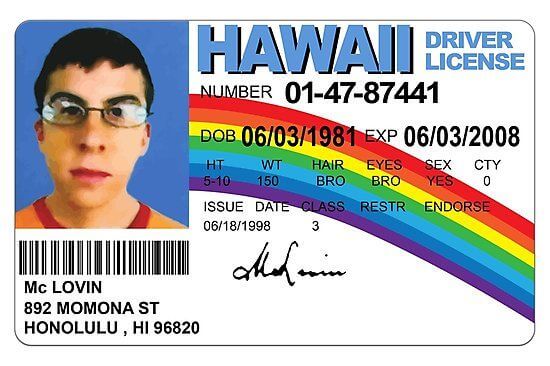Identity Tracking on the Blockchain
US tech giants are driving adoption of a new type of identification that uses the blockchain.

US tech giants are driving adoption of a new type of identification that uses the blockchain. The Decentralized Identity Foundation, W3C, IBM, and Microsoft are involved in producing and managing an open source Decentralized Identity (DID) standard.
Decentralized Identity (DID) on the blockchain can be used by blockchain projects to identify users in order to meet regulatory requirements and decrease risk of hacks. Internet of Things (IoT) devices can also be managed using blockchain identities. Proponents of DID also claim that blockchain identification can help the 1 billion people who do not have access to any other form of identification, although one would assume these people's access to crypto may be limited.
Microsoft will use their own version of blockchain IDs on InterPlanetary File System (IPFS) for its product line. For non-Microsoft customers, several new companies have gained traction in the Decentralized Identity blockchain space:
Ontology (ONT) ($888 million market cap) - Ontology is a blockchain for self-sovereign ID and data on the Binance Smart Chain. Ontology's ONT ID app is used by over 1.5 million end users to log into apps, and 300 dApps use the corresponding business product for data ownership and authenticity verification. Ontology also operates a decentralized data exchange framework and several other products.
Civic (CVC) ($340 million market cap) - Civic offers KYC & AML compliance solutions for DeFi projects. Their product line covers age verification, multi-factor auth, and bot prevention for NFT mints. Customer crypto projects pay Civic in fiat for their services. The CVC token is the currency exchanged in a verification transaction.
Metadium (META) ($145 million market cap) - Metadium is a public identity blockchain platform on the Ethereum network. Metadium offers an app for end users to log into other apps, a survey product called THEPOL, and a Unity SDK for decentralized identity management for mobile games.
